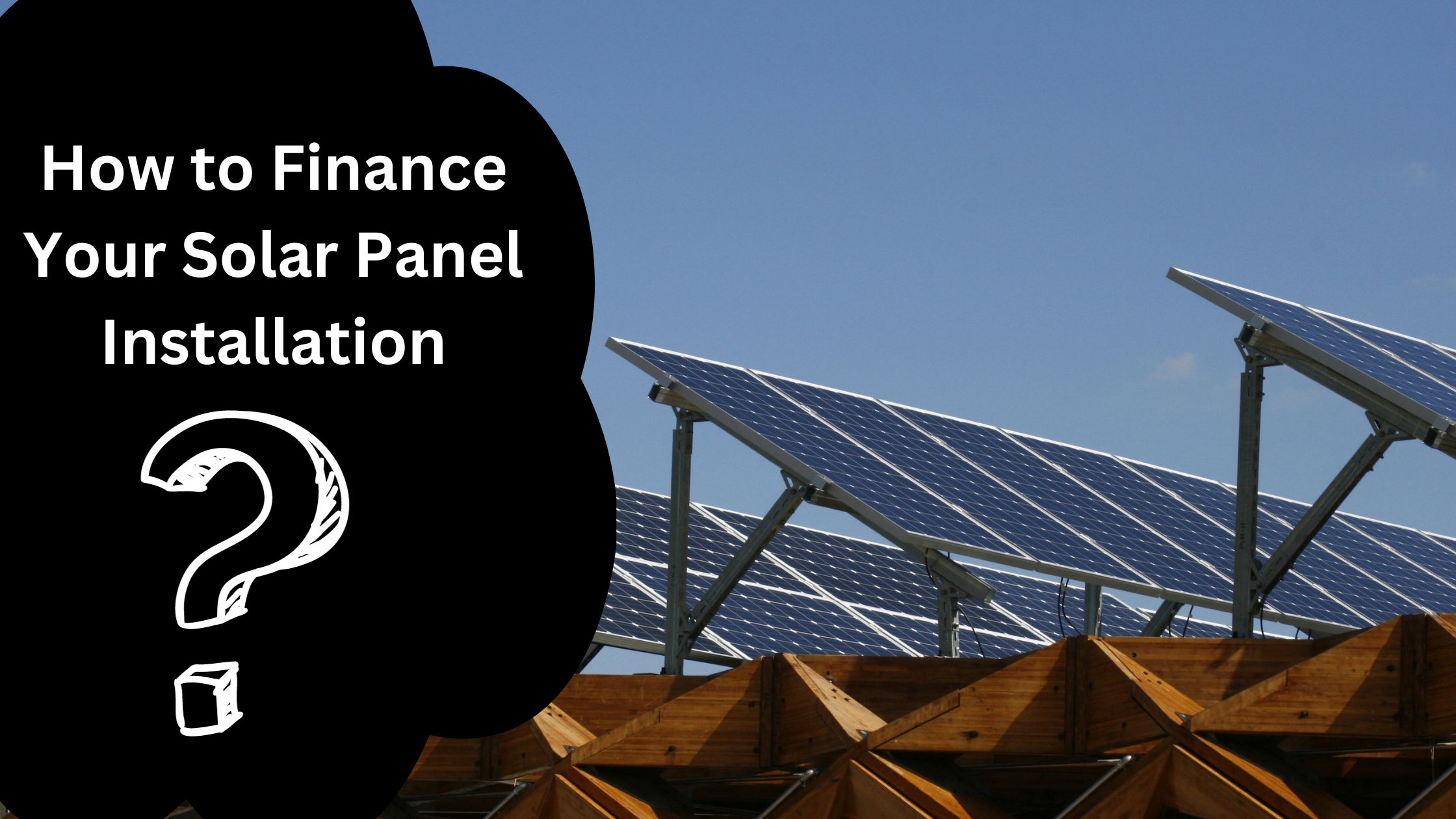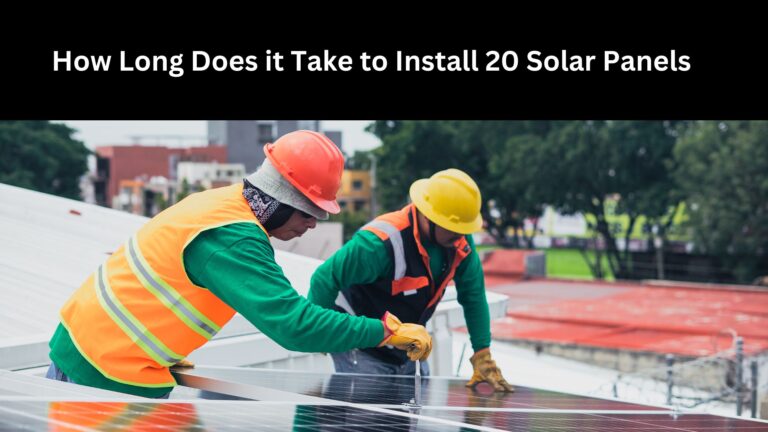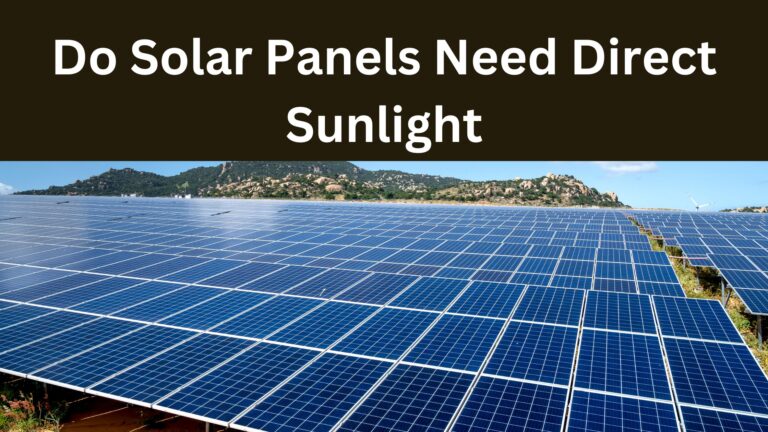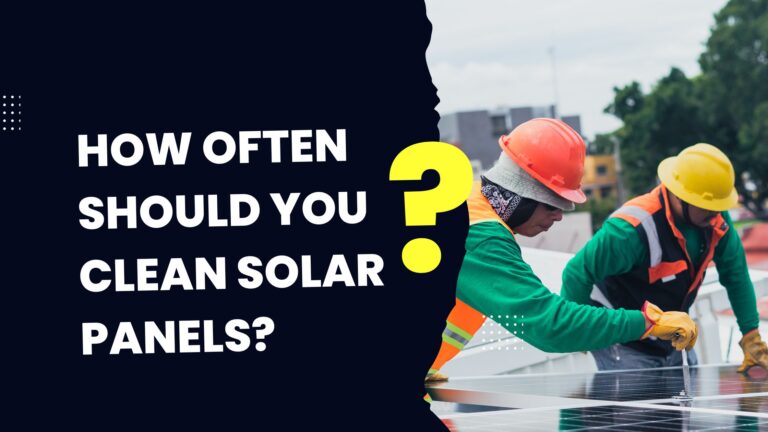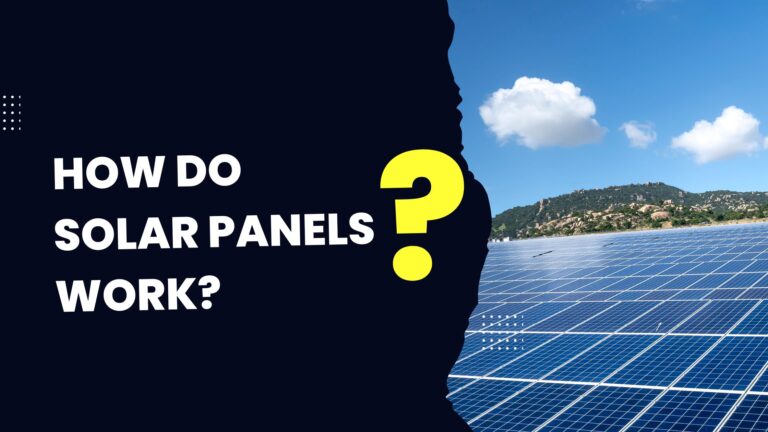How to Finance Your Solar Panel Installation
The United States has made significant progress in recent years in transitioning towards renewable energy sources. As solar energy becomes increasingly popular, the question of financing solar projects has become a topic of great interest. Solar panels are a significant investment, and many homeowners and businesses are unsure how to finance their installation. This article will explore the different options for solar financing in the United States, including loans, leases, and power purchase agreements. By the end of this article, readers will have a better understanding of the available options for financing solar projects and be better equipped to make informed decisions regarding their investments in renewable energy.
Benefits of Solar Panel Installation
The most obvious benefit is that solar energy is a renewable and sustainable source of energy. Unlike fossil fuels, solar energy does not produce greenhouse gases or contribute to air pollution. Additionally, solar energy is free and abundant, which means you can save money on your energy bill over time.
Installing solar panels can also increase the value of your property. According to the National Renewable Energy Laboratory, homes with solar panels sell for 4.1% more than homes without solar panels. This means that investing in solar energy can be a smart financial decision in the long run.

Solar Panel Cost
According to the Solar Energy Industries Association, the cost of purchasing and installing a 6kW solar panel system in 2022 was approximately $19,620. However, it’s worth noting that the cost of installing a solar panel system varies depending on several factors, such as the location, the type of solar panels, and the system’s size. For instance, national estimates indicate that the cost of a solar panel system could range between $14,500 and $23,000, highlighting the importance of getting a personalized quote based on your unique needs and circumstances. Therefore, if you are considering installing a solar panel system, it is advisable to conduct thorough research to understand the costs and factors that influence the overall price of a solar panel system.
State-wise Cost of Solar System
State 6kW system cost Average cost per watt
Arkansas $18,420. $3.07.
Arizona $14,640. $2.44.
California $17,160. $2.86.
Colorado $20,580. $3.43.
Connecticut $19,140. $3.19.
Washington, D.C. $21,060. $3.51.
Delaware $15,240. $2.54.
Florida $15,480. $2.58.
Georgia $19,140. $3.19.
Iowa $20,580. $3.43.
Idaho $17,580. $2.93.
Illinois $18,960. $3.16.
Indiana $21,780. $3.63.
Louisiana $18,960. $3.16.
Massachusetts $21,060. $3.51.
Maryland $18,480. $3.08.
Maine $20,280. $3.38.
Michigan $22,620. $3.77.
Minnesota $20,580. $3.43.
Missouri $16,200. $2.70.
North Carolina $18,120. $3.02.
New Hampshire $21,540. $3.59.
New Jersey $17,700. $2.95.
New Mexico $20,280. $3.38.
Nevada $15,600. $2.60.
New York $19,260. $3.21.
Ohio $17,760. $2.96.
Oklahoma $15,780. $2.63.
Oregon $17,820. $2.97.
Pennsylvania $18,300. $3.05.
Rhode Island $20,940. $3.49.
South Carolina $17,340. $2.89.
Tennessee $17,700. $2.95.
Texas $16,560. $2.76.
Utah $16,080. $2.68.
Virginia $18,180. $3.03.
Vermont $18,780. $3.13.
Washington $18,900. $3.15.
Wisconsin $19,980. $3.33.
Understanding Solar Financing Options
Solar financing allows you to pay for your solar panels over time instead of upfront. There are several solar financing options available, including solar leases, power purchase agreements (PPAs), and solar loans.
Solar leases and PPAs are similar in that they allow you to “rent” your solar panels instead of owning them. With a solar lease, you pay a monthly fee to use the solar panels, while the solar company owns and maintains them. With a PPA, you pay for the electricity the solar panels produce, but the solar company owns and maintains the panels.
A solar loan, on the other hand, allows you to finance the purchase of your solar panels over time. You own the solar panels, and you’re responsible for maintaining them. Solar loans typically have lower interest rates than traditional loans, and they’re specifically designed for solar panel installation.
Types of Solar Loans
There are several types of solar loans available, including secured loans, unsecured loans, and home equity loans. Secured loans require collateral, such as your home or car, while unsecured loans do not. Home equity loans allow you to borrow against the equity in your home.
When choosing a solar loan, consider the interest rate, loan term, and monthly payment. Solar loan rates can vary depending on the lender and your credit score, but they’re generally lower than traditional loan rates. Loan terms can range from 5 to 20 years, and the longer the term, the lower your monthly payment.
Solar Loan Rates and Terms
Solar loan rates and terms can vary depending on the lender and your credit score. Some lenders offer fixed-rate loans, which means your interest rate will not change over the life of the loan. Others offer variable-rate loans, which means your interest rate can fluctuate based on market conditions.
The loan term is the length of time you have to repay the loan. Longer loan terms can result in lower monthly payments, but you’ll end up paying more in interest over the life of the loan. Shorter loan terms can result in higher monthly payments, but you’ll pay less in interest.
Choosing the Right Solar Financing Company
When choosing a solar financing company, consider the company’s reputation, experience, and customer service. Look for companies that have been in business for several years and have a good track record. Read customer reviews to get an idea of the company’s customer service.
It’s also important to consider the terms of the financing agreement. Look for a company that offers competitive interest rates, flexible loan terms, and no hidden fees. Make sure you understand the terms of the agreement before signing on the dotted line.
Residential Solar Financing
Residential solar financing is specifically designed for homeowners who want to install solar panels on their homes. Many solar financing companies offer residential solar financing, and some even offer financing specifically for low-income households.
Residential solar financing typically requires a credit check, and your credit score will play a role in determining your interest rate and loan terms. However, even if you have less-than-perfect credit, there are still financing options available.
The Solar Investment Tax Credit
The solar investment tax credit (ITC) is a federal tax credit that allows you to deduct a percentage of the cost of your solar panel installation from your federal taxes. The ITC is currently set at 26% for installations completed in 2020 and 2021, and it will drop to 22% in 2023.
To claim the ITC, you must own your solar panels (not rent them) and you must have enough tax liability to take advantage of the credit. If you don’t have enough tax liability, you can carry over the credit to future tax years.
Alternative Funding Options
If you’re unable to qualify for a solar loan or if you prefer not to take on debt, there are alternative funding options available. Some states offer rebates or incentives for solar panel installation, and there are also crowdfunding platforms that allow you to raise money for your solar project.
Making the Right Choice for Solar Financing
As you can see, there are many solar financing options available. When choosing a financing option, consider your credit score, loan terms, and interest rate. Look for a reputable financing company with a good track record and transparent terms.
Remember, installing solar panels is an investment in your home or business. It can save you money on your energy bill and increase the value of your property. With the right financing option, you can make the switch to solar energy with ease.
So, what are you waiting for? Contact a solar financing company today and start enjoying the benefits of solar energy.

Solar Energy Engineer, Founder of Solar Panel Guide Blog, and passionate advocate for a sustainable future. ☀️🌿 #SolarEnergy #Renewables Read More About Peter
